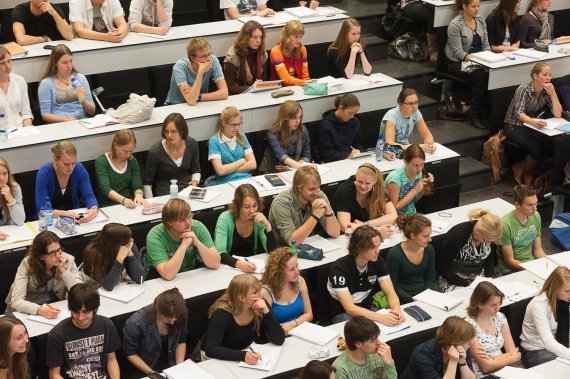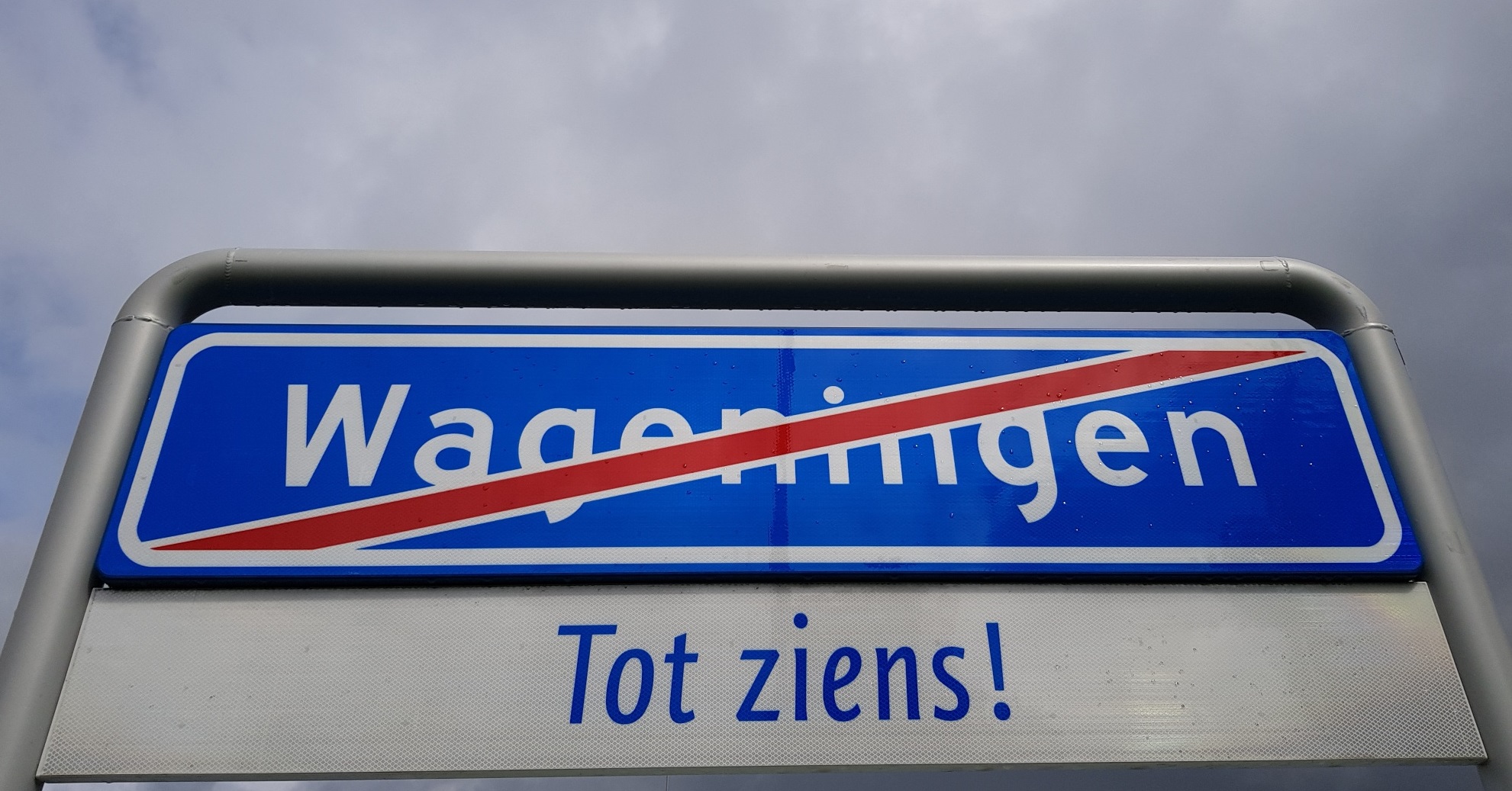Seventy-seven cents of every euro made is for knowledge workers and students. This is shown in a study conducted by the Rotterdam NEO Observatory agency. The study mapping the financial-economic value of higher education and research was commissioned by the joint student housing organisations. The data shows the extent to which WUR impacts Wageningen. Wageningen = WUR.
Knowledge cluster
WUR and related businesses with their own R&D are responsible for 38 per cent of the employment in the city. Businesses such as Unilever are not included in this data, which is from 2018. The percentage is thought to reach some forty now. There is no other university city in which the contribution of the knowledge cluster rivals this number. The numbers two (Leiden) and three (Delft) provide employment to respectively 25 and 20 per cent of the workforce.

The knowledge workers fall within the high-income bracket. Of each euro that is made in the city, 77 cents go towards knowledge workers and students. This, too, is a percentage unrivalled by other student cities. In this case, it is also Leiden (47 cents) and Delft (41 cents) that follow. If this large share is set off as a share of the city’s total labour income, every student is worth 37,903 euros to the city.
Highly educated
The influence of the knowledge complex increases steadily, a comparison of the new data with that from a similar study conducted by TNO in 2005 reveals. The share of inhabitants with a higher education rose from 41 to 48 per cent. Half of Wageningen has a higher education. Only Utrecht (58 per cent), Amsterdam (51) and Leiden (49) score higher.
Moreover, the Wageningen population is becoming younger. One in three inhabitants is aged between 15 and 30. Fifteen years ago, this was 28 per cent. Wageningen and Groningen have the youngest population. In the Netherlands as a whole, 18 per cent of the population falls within the 15–30-year age group. The large increase in student numbers is responsible for the rejuvenation of the Wageningen population.

 Photo: Roelof Kleis
Photo: Roelof Kleis